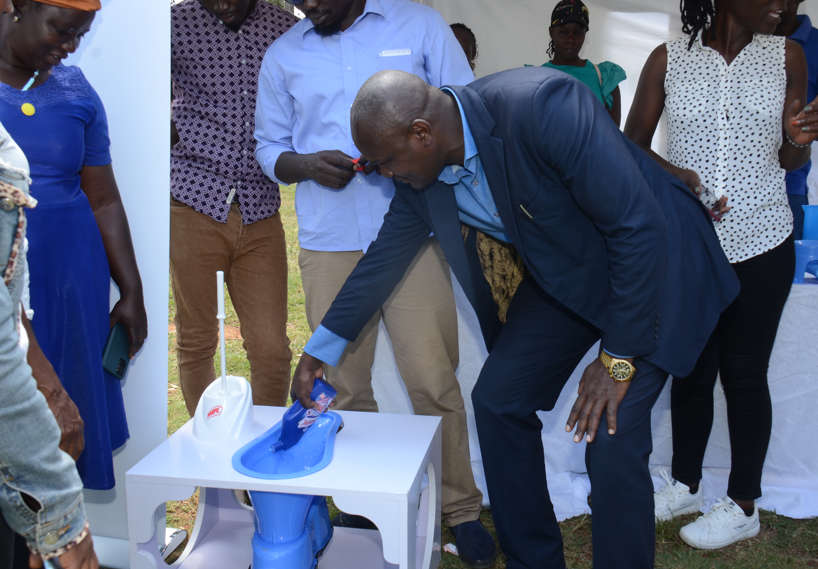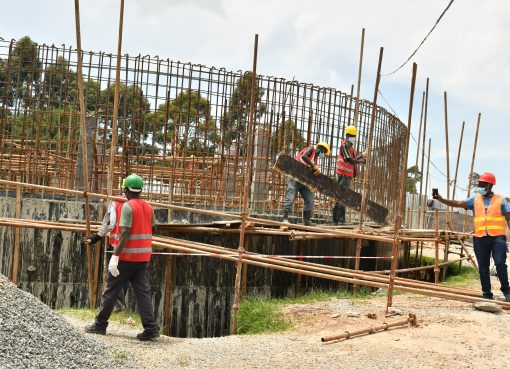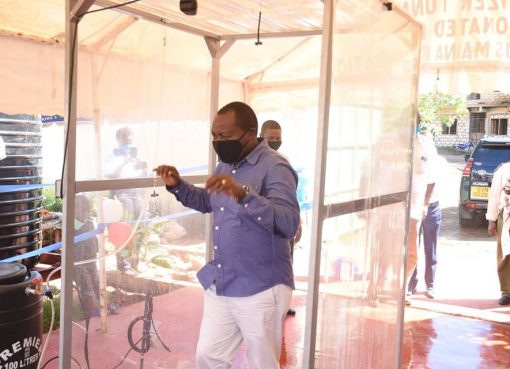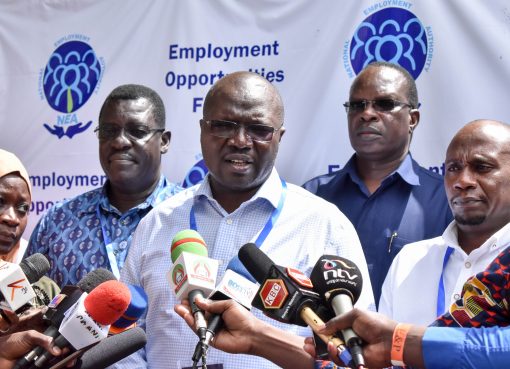The Migori County Public Health and Sanitation Department is celebrating its achievement of the open defecation-free status, officially recognized on November 19, 2024, coinciding with World Toilet Day.
Migori County Chief Officer for Public Health and Sanitation Mable Chanzu shared this milestone during a press meeting at her office in Migori County Referral Hospital.
She explained that the Community Led Total Sanitation (CLTS) initiative began as many residents in rural areas were defecating in the bushes. The project which started in 2014 with 46 percent of toilet cover has made positive strides to improve basic sanitation in every village, a true reflection of the current 92 percent toilet covers in 2024.
The county has latrine coverage of 92 percent and 100 percent hand washing facilities where 94 percent of households are either connected or use treated water.
The county is currently an open defecation-free (ODF) zone with close to 100 percent village’s access to basic sanitation with only eight percent shared basic sanitation
Chanzu noted that the remaining eight percent has been as a result of lose soil foundation in Nyatike Sub County. She said that establishing toilets in the region posed challenges due to the sandy soil, which caused traditional toilets to collapse.
She, however, disclosed that they were developing a ‘safe toilet’ that is resilient enough to withstand the local soil conditions.
Safe toilets for all are a crucial target of the United Nations (UN) sustainable development goal six to prevent vulnerable diseases like cholera, typhoid, intestinal worm infections and hepatitis B.
“We are transitioning from promoting ‘bora choo’ to ‘choo bora’ by promoting safe toilets for sustainability,” stated Chanzu.
The official indicated that they were collaborating with the Ministry of Environment, local administration, the municipality, and social services to ensure everyone has access to toilets and proper hand washing facilities.
The department has also prepared two key documents that are nearing completion: a strategic plan for Water, Sanitation, and Hygiene (WASH), and a sewage management plan aimed at preventing health issues related to inadequate sanitation.
“Remember that eighty percent of conditions treated in our hospitals are related to WASH. By ensuring everyone has access to a safe toilet and the ability to maintain hygiene, we can significantly reduce this percentage,” affirmed Chanzu.
She also elaborated on their partnerships with organizations such as UNICEF and the Western Kenya Sanitation Project, noting that the World Bank will soon join their efforts with the aim to develop sewage treatment plants to improve urban sanitation and prevent water pollution in local water bodies.
By Claire Atieno





